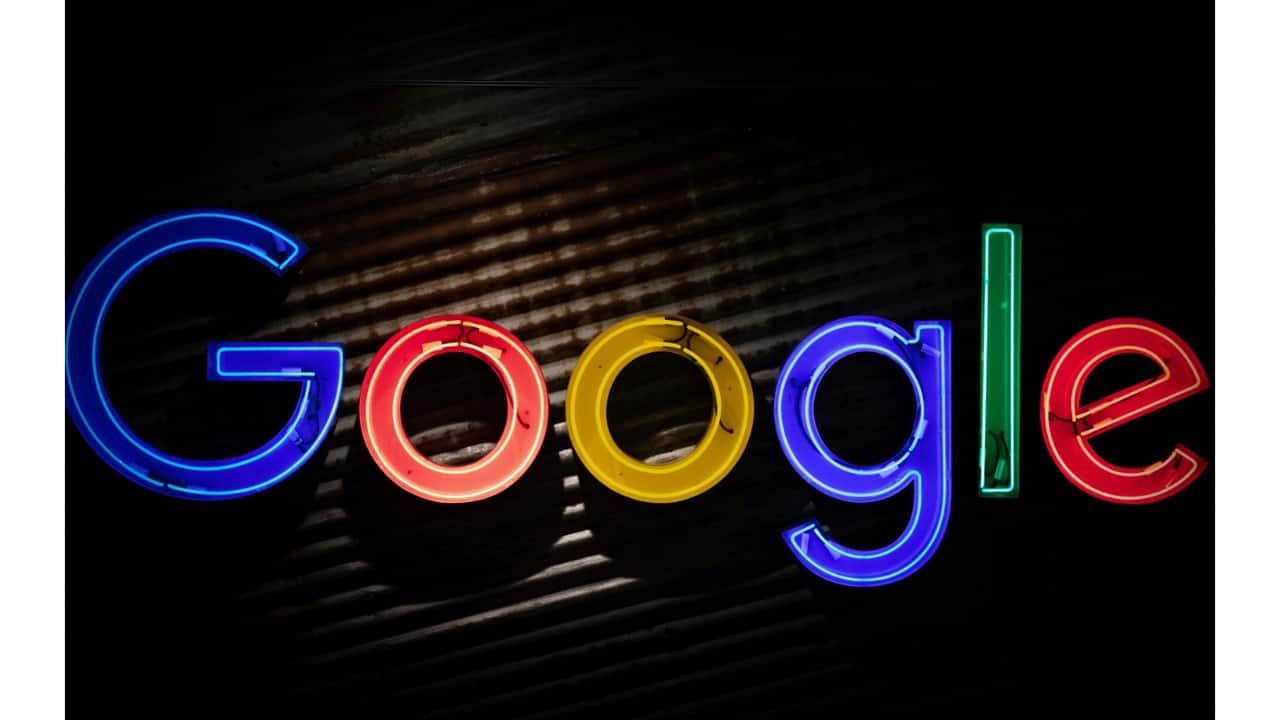Trending Topics:
- Meta AI
- Snapchat Quick Cut
- iPhone 18 Pro
- Realme 16 Pro
- World War Z
Google-Apple search deal survives: 5 things to know
The long-running antitrust battle between Google and the US Department of Justice has delivered its latest twist. A federal judge has ruled that Google can continue paying Apple to feature its search engine on iPhones, but with tighter restrictions to prevent exclusivity and preserve competition.
1/5

Payments allowed
The court said Google may keep making payments to Apple for search distribution, with Apple continuing to earn an estimated $20 billion annually. A complete ban was avoided after concerns that such a move would cause “crippling” harm to partners and consumers.
The court said Google may keep making payments to Apple for search distribution, with Apple continuing to earn an estimated $20 billion annually. A complete ban was avoided after concerns that such a move would cause “crippling” harm to partners and consumers.
2/5

No exclusivity
Google cannot sign exclusive contracts with Apple or any other distribution partner. This ensures rival search engines have at least some access to users, even if Google remains the dominant option.
Google cannot sign exclusive contracts with Apple or any other distribution partner. This ensures rival search engines have at least some access to users, even if Google remains the dominant option.
3/5

Data sharing mandate
In a significant win for the DOJ, Google must now share certain data with competitors. This includes information on how search results are ranked and surfaced — a requirement designed to level the playing field for smaller search engines.
In a significant win for the DOJ, Google must now share certain data with competitors. This includes information on how search results are ranked and surfaced — a requirement designed to level the playing field for smaller search engines.
4/5

Rejected break-up demands
The judge dismissed the DOJ’s calls for Google to sell off Chrome or Android, calling such remedies disproportionate. That spares Google from a forced structural shake-up for now.
The judge dismissed the DOJ’s calls for Google to sell off Chrome or Android, calling such remedies disproportionate. That spares Google from a forced structural shake-up for now.
5/5

Appeal on the horizon
Google has indicated it will appeal aspects of the ruling, particularly the data-sharing mandate, which the company views as an overreach. The legal tussle over how to regulate Google’s search monopoly is far from over.
Google has indicated it will appeal aspects of the ruling, particularly the data-sharing mandate, which the company views as an overreach. The legal tussle over how to regulate Google’s search monopoly is far from over.
Discover the latest Business News, Budget 2025 News, Sensex, and Nifty updates. Obtain Personal Finance insights, tax queries, and expert opinions on Moneycontrol or download the Moneycontrol App to stay updated!






